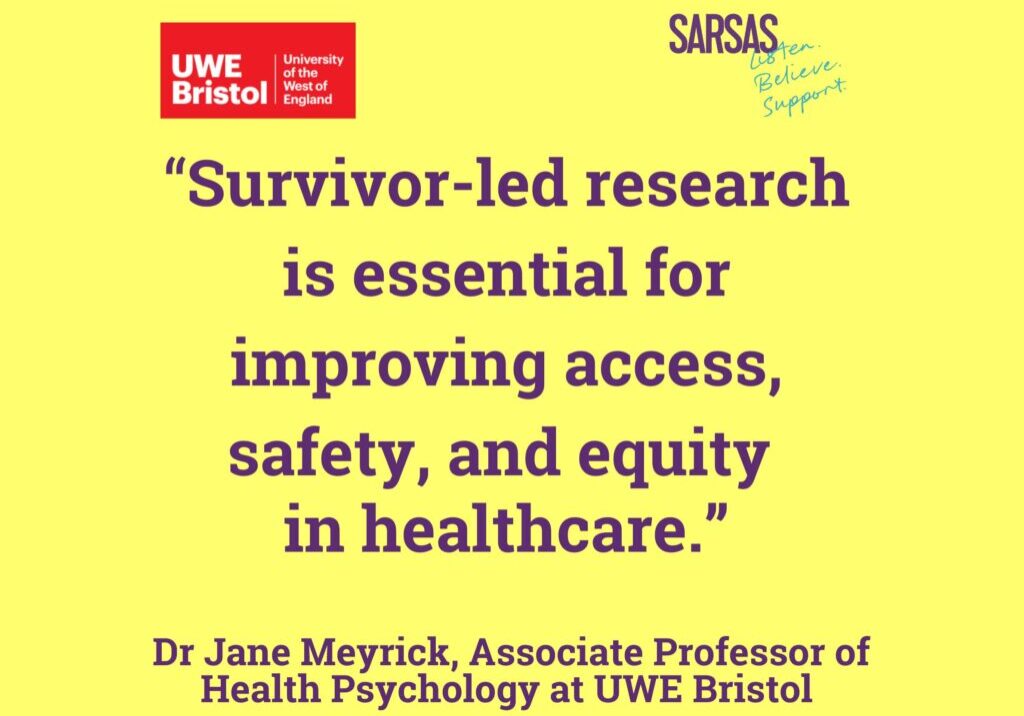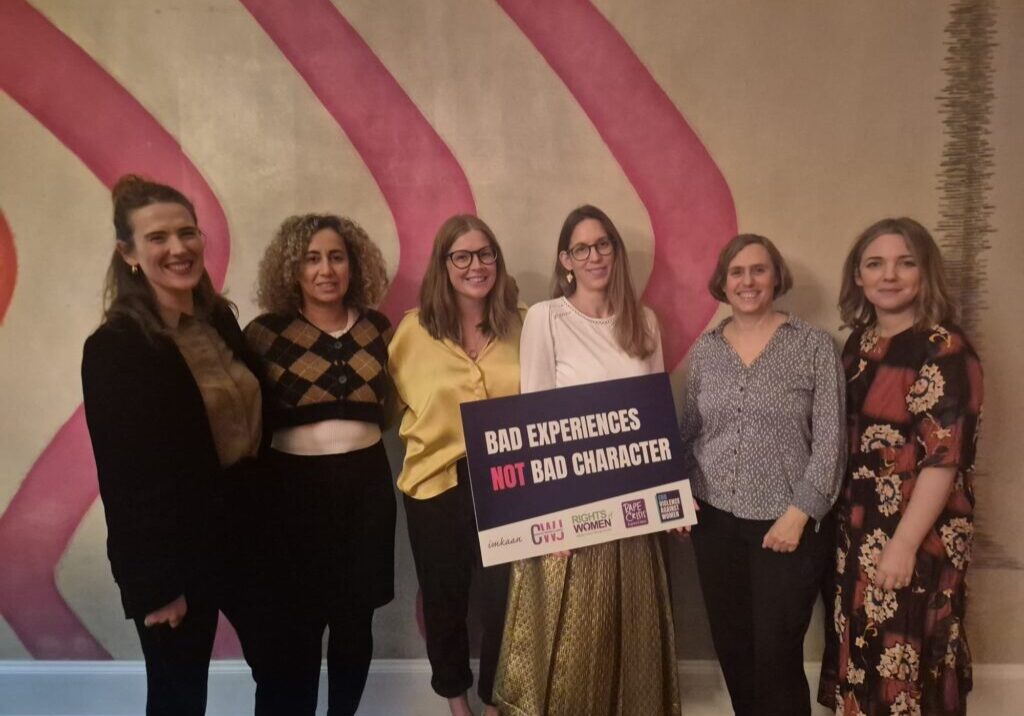
Shame must change sides
In four words, Gisèle Pelicot articulated what all women around the world need to hear. I want to explore the experience of shame as a victim of rape, because sometimes it's just not as easy as “I shouldn't be ashamed, so I won't be”.
I’ve heard expressions of shame from so many people in my life, and millions more online, a feeling which doesn’t discriminate across the many forms of sexual violence.
- “I shouldn’t have spoken to him in the first place”
- “I don’t want to ruin his life”
- “I should have known better, spoken up sooner, said no again, said no louder”
- “I’d make things difficult at work if I told anyone”
These are all thoughts that have been shared with me. Seeing it laid out helps me realise that we too-often talk about what we did wrong, or what we didn’t do, and that can only ever build a picture of us being the ones responsible for what they did to us. This is where Gisèle’s words make sense; let’s stop using “I” and write a statement about them instead. What did they do wrong? (The answer: everything.)
All of the above statements can shift the shame simply by swapping the He/They and the Me. He shouldn’t have assaulted me. He ruined his own life and damaged mine. He should have known better, listened first time, checked for explicit consent. He’s made his work environment uncomfortable because of what he did.
The world has made some strides forward in amplifying the voices shouting “this shouldn’t be happening”, but society can often still feel uncomfortable in the conversation around sexual violence. This paired with the urge to retreat into yourself creates a mental environment that just loves to ruminate on what you did or didn’t do. In my mission to move blame from myself onto the perpetrator, there are a few things that have helped:
Write it down
Acknowledge the self-blame thoughts you have, write them down, then write a line underneath that reverses it. (“I should have said no again or louder/He should have listened to me when I said no”)
Reaffirm the truth
Say it over and over again – Nothing I did or didn’t do would have stopped them from assaulting me. Nothing I did or didn’t do excuses their violence. Nothing I did or didn’t meant that they had to assault and violate me.
Don’t under-or-overestimate self-care
Self-care doesn’t just mean bubble baths and yoga. For me it’s doing the little things that comfort me; it’s curling up with a blanket, a book, and a hot chocolate; it’s finding photos to put in frames and sticking them up on the wall; it’s washing my face and putting my comfiest clothes on. The little kindnesses you can do on any day will accumulate, and this will help reinforce the belief that you deserve care, and never violence.
Gisèle was right, the shame is theirs. It is not, and will never be, yours to carry, and I hope you can find ways to get that weight off your shoulders. Check in with loved ones when you’re feeling that shame, they’ll remind you who is actually responsible.





